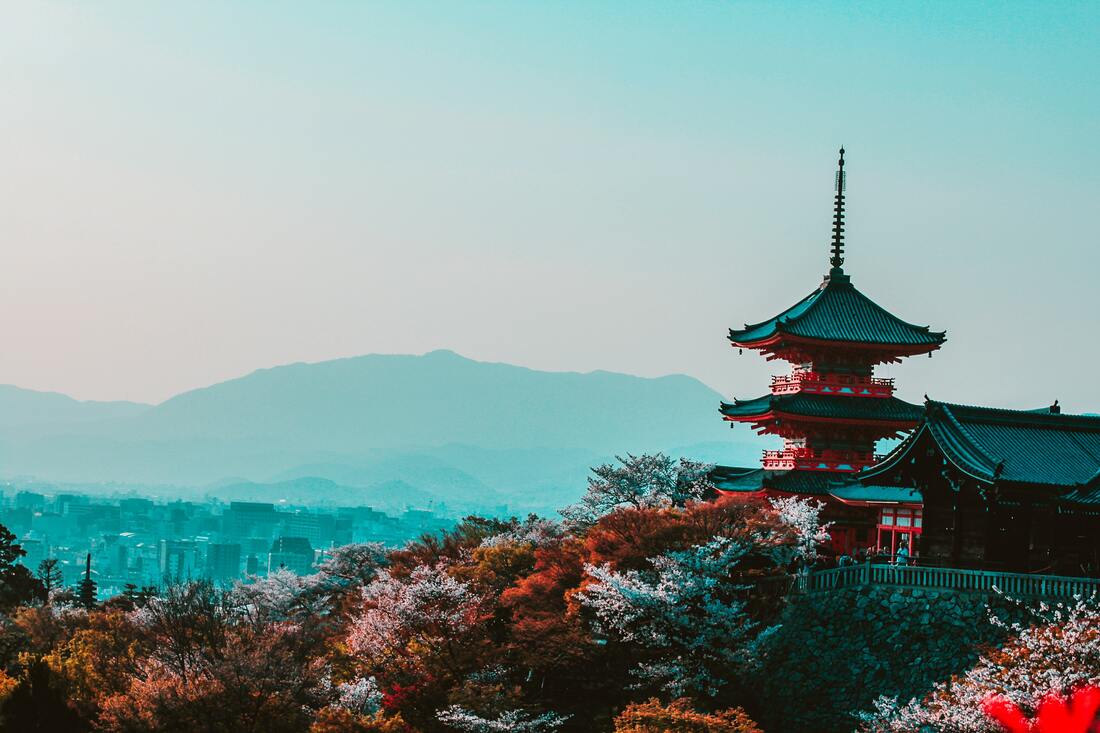|
By R. Yahya When we talk about Japan, most would talk about anime and sushi, but what lots of people don’t consider is the emperor of Japan. As of 30th April 2019, emperor Akihito will have officially resigned as emperor of Japan after 30 years of reign - officially known as the Heisei period, from the 31st January 1989 to the 30th April 2019. But why was this such a big deal? This article will explain everything.
In August 2016, during an interview, he revealed that he wanted to resign as emperor because of his old age and declining health, that he could no longer serve the country to the best of his abilities. His resignation is a big deal because unlike the monarchy in the UK, when a new Japanese emperor is crowned, Japan enters a new era and must completely change its calendar. Another important note: when Akihito ascended to the throne in 1989, he started his reign under a constitution in which he was just a symbol of Japan and held no political authority. No Japanese emperor had abdicated in 200 years, Akihito is the first emperor to do so since 1817. Akihito’s son, crown prince Naruhito, is due to become emperor in October 2019. When Naruhito is crowned, Japan will enter the Reiwa era. In the abdication ceremony which was held in Tokyo around 8:18 GMT on Tuesday, the 30th of April, Akihito said: “Today, I fulfil my duty as emperor. Thirty years’ have passed since I came to the throne, and I always received the nation’s love and wholehearted support. I thank the nation who supported me in my duty as emperor. From tomorrow, we will start a new imperial era and we sincerely hope for prosperity and peace of the new era.” Poignant words from Japan's 125th emperor, as he resigns to make way for the new...
0 Comments
Leave a Reply. |
Categories
All
Archives
June 2024
|

